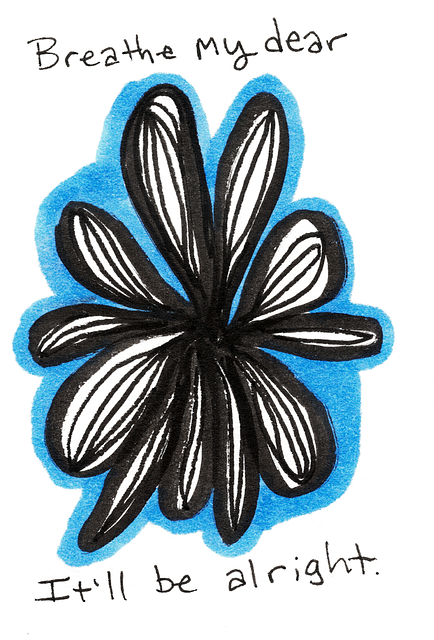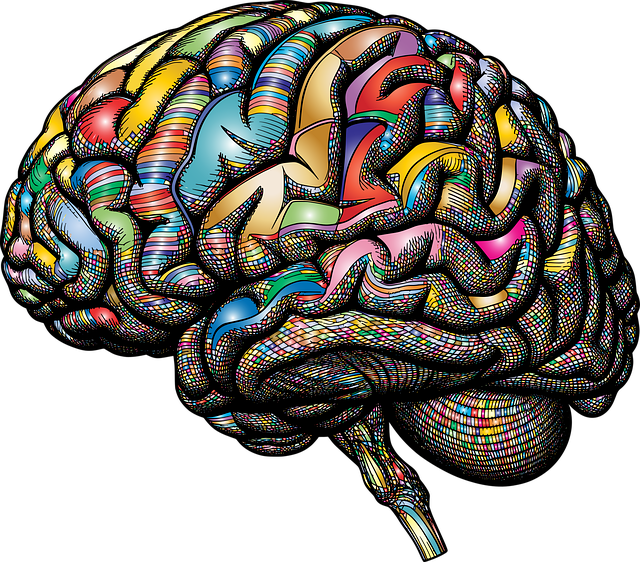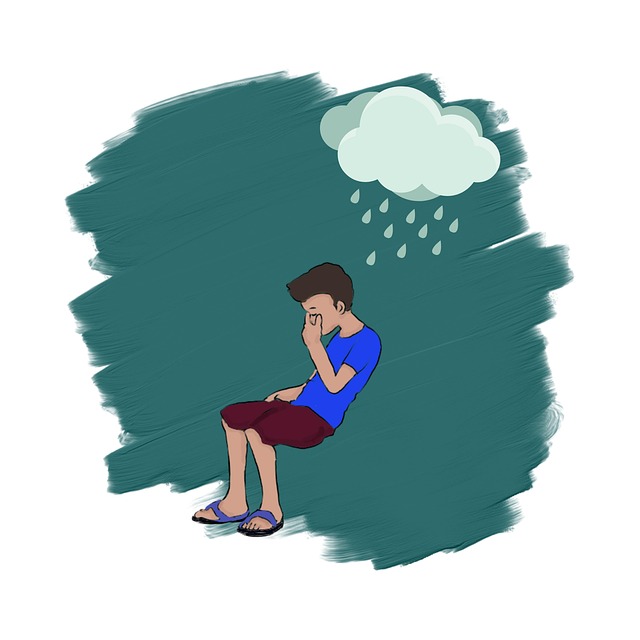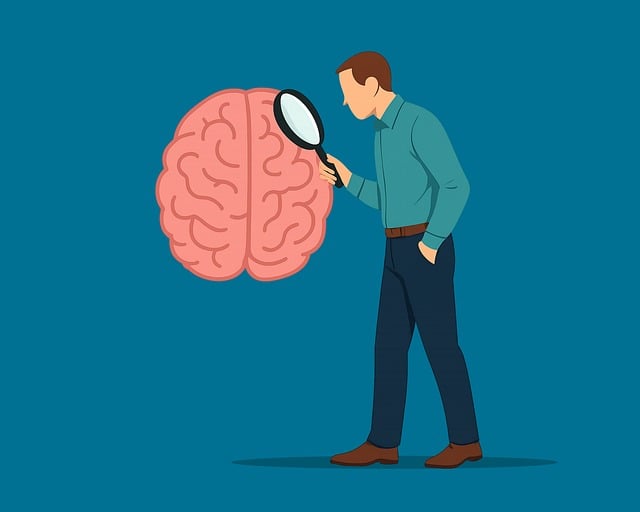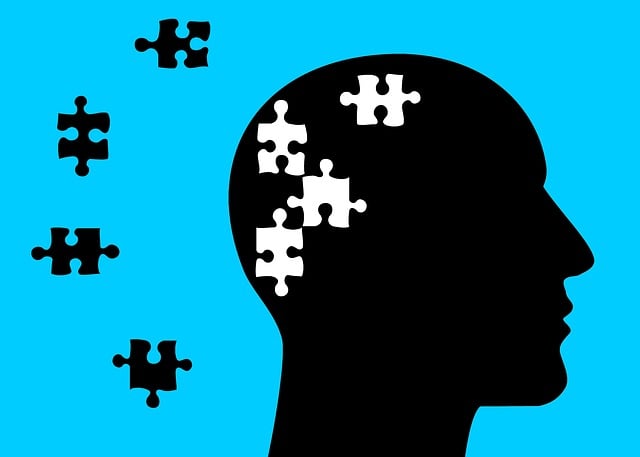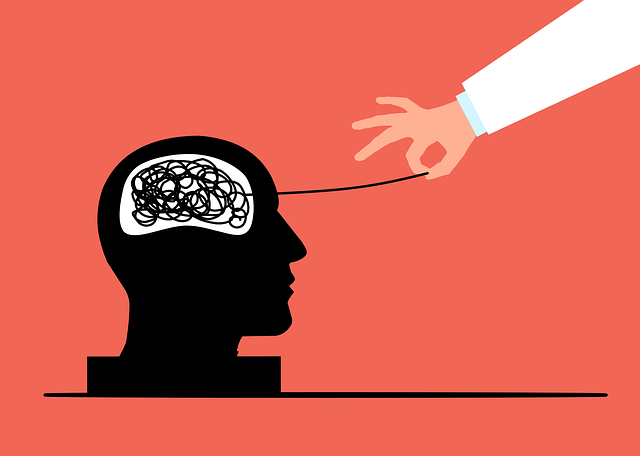Early intervention is vital for young children with conduct disorder (CD), focusing on mood regulation through therapy. Strategies include cognitive behavioral therapy (CBT) to change negative thought patterns and mindfulness meditation for present-moment awareness. Trauma support services address underlying issues, while education programs teach emotional understanding and self-care. Integrating these approaches with parental collaboration creates a holistic system to enhance emotional well-being and manage CD effectively.
Mood regulation is a vital skill for children, especially those with Conduct Disorder. This article explores effective strategies to support young minds in managing their emotions and promoting emotional well-being. We delve into the role of Cognitive Behavioral Therapy as a powerful tool for mood management and provide additional insights on navigating Conduct Disorder. Understanding these techniques can empower parents and caregivers to foster healthier emotional development in children, offering a beacon of hope and guidance in addressing this complex challenge.
- Understanding Mood Regulation and Conduct Disorder in Young Children
- Cognitive Behavioral Therapy: A Powerful Tool for Mood Management
- Additional Strategies to Support Emotional Well-being in Kids with CD
Understanding Mood Regulation and Conduct Disorder in Young Children

Understanding Mood Regulation is crucial when addressing Conduct Disorder in young children. Conduct disorder, characterized by persistent and repetitive patterns of inappropriate behaviour, often manifests as aggression, rule-breaking, and social recklessness. These behaviours can be linked to difficulties in mood regulation, where children struggle to manage and express their emotions effectively. Early intervention through therapy for young children with conduct disorder is essential to prevent escalation and promote positive development.
One effective strategy gaining traction in treating conduct disorder is Mindfulness Meditation. This involves teaching children awareness of the present moment and acceptance of their feelings without judgment. Integrated into structured therapy sessions, mindfulness practices can enhance emotional intelligence and coping skills. Additionally, Trauma Support Services play a vital role by addressing any underlying traumatic experiences that might contribute to disruptive behaviour. Alongside these therapeutic approaches, Mental Health Education Programs Design tailored for young minds can foster understanding about emotions, healthy expression, and the importance of self-care.
Cognitive Behavioral Therapy: A Powerful Tool for Mood Management

Cognitive Behavioral Therapy (CBT) is a highly effective tool for mood regulation and has shown remarkable success in treating various mental health conditions, including Conduct Disorder in young children. This therapeutic approach focuses on identifying and changing negative thought patterns and behaviors that contribute to emotional distress. By targeting specific cognitive distortions and teaching alternative coping strategies, CBT empowers individuals to gain better control over their emotions.
For children with Conduct Disorder, CBT can be tailored to address behavioral issues, impulsivity, and anger management. Through interactive and engaging sessions, therapists help young clients challenge negative thoughts, improve decision-making skills, and develop healthier ways of expressing and managing emotions. This therapy not only assists in the treatment of Conduct Disorder but also contributes to overall Mental Health Awareness, fostering resilience and effective Mood Management strategies for a brighter future, ultimately preventing Burnout.
Additional Strategies to Support Emotional Well-being in Kids with CD

In addition to structured therapy programs tailored for young children with Conduct Disorder (CD), several complementary strategies can significantly enhance emotional well-being. These approaches aim to foster positive behavior, teach coping skills, and promote a sense of calm and control. One such strategy is mindfulness meditation, which has gained traction in both clinical settings and public awareness campaigns aimed at child development. By encouraging children to focus on the present moment and acknowledge their emotions without judgment, mindfulness can help regulate impulsive behaviors often associated with CD.
Moreover, integrating burnout prevention strategies for healthcare providers into therapy can create a more holistic support system. This involves ensuring therapists maintain their own emotional well-being to avoid exhaustion and burnout, which is crucial for consistently delivering effective treatment. Collaborative efforts between parents, educators, and healthcare professionals are essential in implementing these strategies, ultimately contributing to a more comprehensive approach to addressing CD in young children.
In conclusion, understanding and addressing mood regulation in young children with conduct disorder is a multifaceted approach. Cognitive Behavioral Therapy (CBT) stands out as an effective tool for managing moods and behaviors. Additionally, complementary strategies that foster emotional well-being, such as mindfulness practices, social skills training, and positive reinforcement, can significantly enhance the therapeutic process. By implementing these techniques, parents, caregivers, and professionals can empower young children to navigate their emotions more effectively and promote healthier developmental trajectories.
